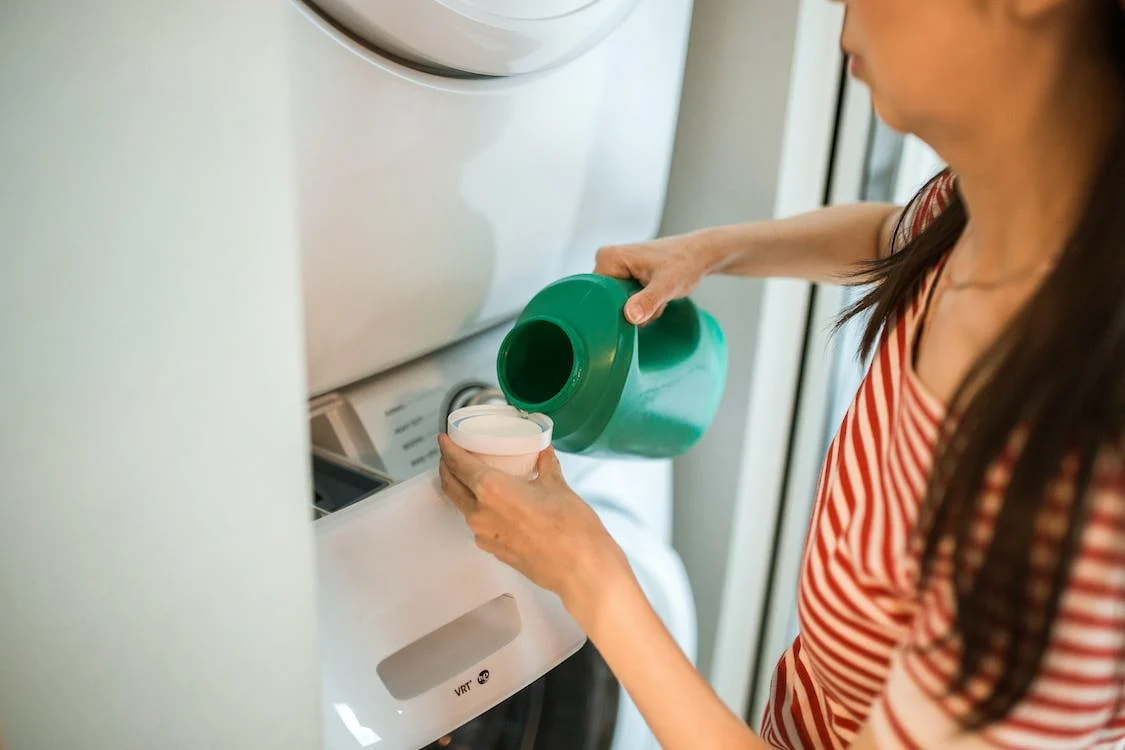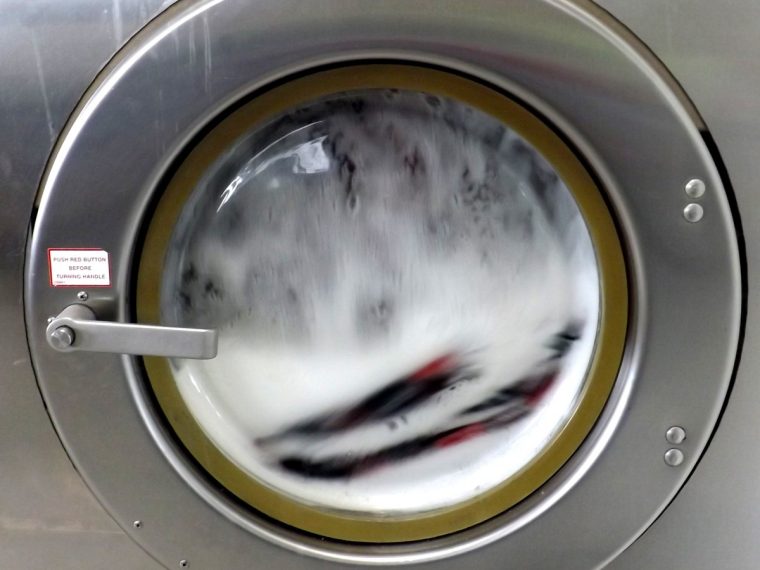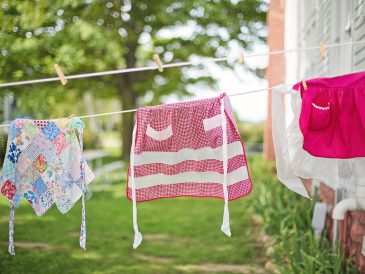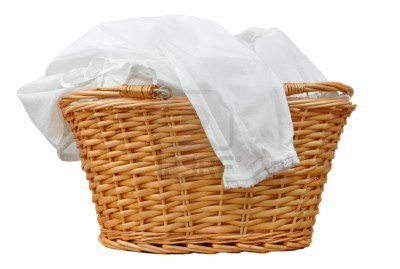Choosing Your Detergent: Liquid or Powder?
Contents
– Manufacturing detergents: stringent standards
– Characteristics of liquid detergent
– Properties of washing powder
– Liquid or powder detergent: what to choose?
What we all want from a detergent is that it removes all stains without damaging the laundry, makes white clothes shine, and respects colors.
In front of a detergent aisle in any store, the consumer can get lost, especially since all advertisers are praising the prowess of each one as being absolutely unique. Liquid detergent or powder detergent? How to make the right choice? We guide you!
Manufacturing detergents: drastic standards
The manufacturers of detergents, whether liquid or powder, are required to comply with a set of drastic specifications that impose standards at all levels, namely in terms of:
– performance;
– composition;
– formulations; and
– packaging.
To choose between liquid and powder detergents, you must therefore take into account the following elements
– effectiveness;
– concentration;
– necessary dosage;
– quantity of allergenic and polluting ingredients;
– format.
Tip: always read the labels of detergents carefully before buying.
Characteristics of liquid detergent

Liquid detergent is marketed in different formats, namely:
– bottle or can;
– eco-refill (more economical and generating less waste);
– single-dose.
Liquid detergent differs from washing powder in the following ways:
– It does not contain any anti-limescale bleaching agents.
– It is more concentrated in surfactants due to the absence of bleaching agents.
– Particularly suitable for machine washing, it is effective for maintenance:
◦ synthetic textiles;
◦ brightly colored laundry;
◦ moderately soiled laundry.
– It is ideal for cold or low-temperature washing up to 40°C without pre-washing.
– It dissolves perfectly and in a minimum of time.
– It generally does not leave any residue on the laundry.
Note: some brands of liquid detergents contain surfactants of vegetable origin, which is a plus.
Some liquid detergents contain allergenic agents (mainly perfumes), while others contain perfumes and other certified allergen-free components. It is therefore highly recommended to choose the latter, which is more ecological.
Good to know: concerning the undesirable preservatives in certain liquid detergents, avoid products containing MIT (Methylisothiazolinone), whose allergenic potential is extremely high.
Properties of washing powder
Powdered detergents are now available in different formats, such as:
– small packets; – large barrels
– large capacity barrels;
– pre-dosed tablets.
The detergent powder has been able to evolve to stay in the trend. Still very popular with consumers, it can compete with liquid detergents. Its particularities are the following:
– It is very effective for washing at high temperatures (from 60°C) and can also achieve outstanding results with a pre-wash. It is, therefore instead recommended for washing:
◦ cotton laundry;
◦ dirty to very dirty laundry;
◦ white laundry.
– It contains:
◦ natural anti-scaling agents;
◦ natural bleaching agents.
– It does not contain any preservatives,
– It foams little, which limits the amount of rinsing water,
– It helps to preserve the brightness of white linen and prevents its graying thanks to the active oxygen it releases during the program,
– It preserves the beauty of pastel shades, but it is not the best for maintaining the intensity of bright colors.
Good to know: if you don’t want to use washing powder or conventional detergent often, you can opt for washing balls.
Liquid or powder detergent: what should I choose?

To choose between liquid and powder detergent, the consumer must know that:
– it is not necessarily the brand of the product that is decisive, but rather its effectiveness;
– washing powder does not contain any preservatives, which is not the case with liquid detergent;
– two detergents with the same name do not necessarily contain the same allergens if they are sold in different formats;
– When comparing the prices of two detergents, only the price per wash should be considered, not per kg or liter.
It should be noted that, overall, washing powder:
– is considered more effective than liquid detergent on stains, especially in programs with or without pre-wash from 60°C, except for the care of brightly colored laundry.
– It would be lower in allergens than some liquid detergents, which is a considerable advantage for people with allergies.
It is also important to remember that liquid detergents:
– is better placed than washing powder to preserve the intensity of bright colors;
– obtains better results on machine washes without pre-washing and at temperatures lower than 40°C;
– leaves less detergent residue on the laundry;
– is, depending on the brand, offered in an ecological version containing components and fragrances guaranteed to be allergen-free.
Conclusion: as laboratory tests on all types of detergents show, there is no perfect detergent. The best thing is to have two formulas that can be used according to your needs, and if possible, choose the ultra-concentrated and economical ecological detergents.
However, these are the formats most involved in accidents and poisonings in children under 5 years. It is, therefore, essential to keep them out of reach of children.
Good to know: ultra-concentrated ecological detergents offer many budgetary and environmental advantages since they cost less in terms of dose per wash, reduce packaging volumes and therefore waste as well as transport.





